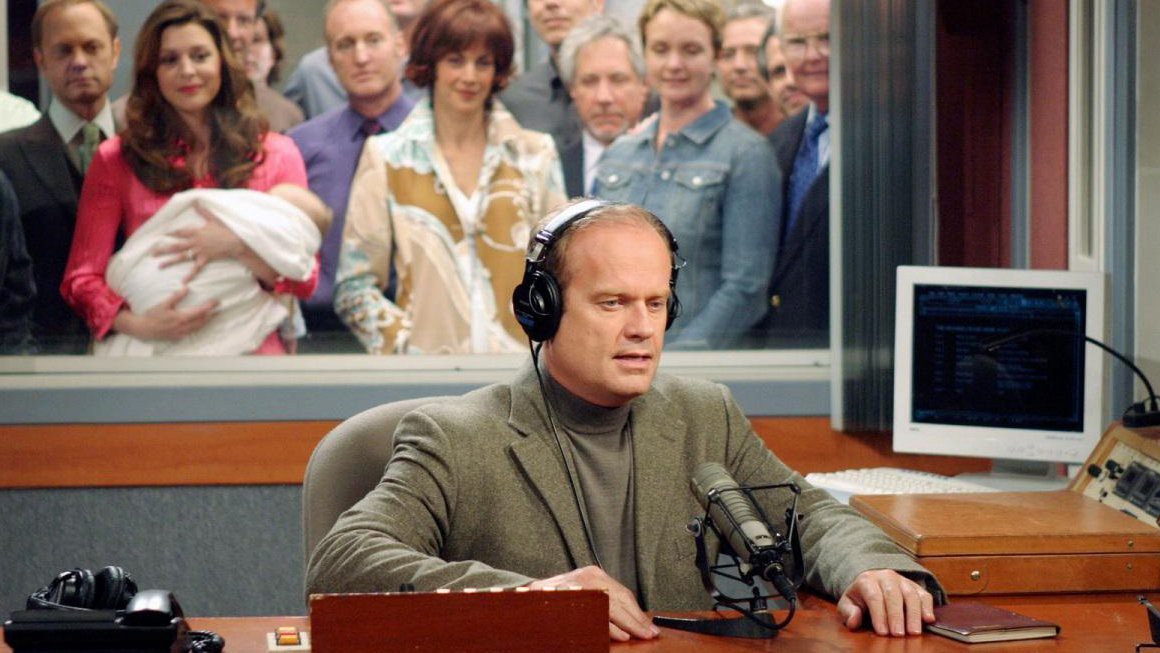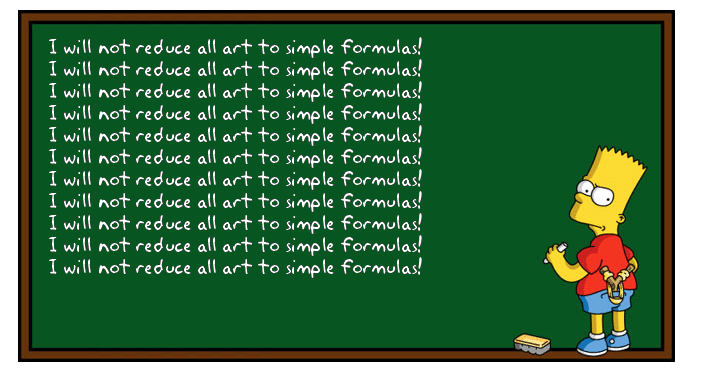essays
Everything I Know About Writing a Novel I Learned from Watching British People Bake
How ‘The Great British Baking Show’ helped me push through self-doubt to finish revising my book

Electric Lit is just $4,000 away from our year-end fundraising goal of $35,000! We need to hit this target to get us through the rest of 2025, and balance the budget for 2026. Please give today! DONATE NOW.
This winter, I found myself alone on a small island in Washington, my only company a blue-eyed ragdoll cat named Emerson whom it was my job to keep alive. My goal during these two weeks of cat-sitting solitude was to revise my novel manuscript according to the long list of suggestions given to me by my agent. The novel is something I’ve been working on for the past five years; I haven’t kept track, but I imagine the total hours I’ve put into it are approaching 1,000 by now.
On the island, I quickly fell into a routine. Each morning, after feeding and brushing Emerson, I would station myself at the kitchen table, next the little propane stove, and write for four or five hours. Then I would go for a walk (or not, if it was raining too hard) and come home, eat lunch, and do it again.
After only a few days of this routine, I felt so close to the work I could hardly see it anymore: the characters were flat, the plot was confusing. My face was flush against the page. I also couldn’t shake the feeling that I was making the novel worse rather than better. “You have to break it open,” a friend told me when I shared how I was feeling. “Sometimes things have to get messy before they can get better.” But I don’t want to make a mess, I thought. What I wanted was to make something beautiful, and for it to be easy.
But I don’t want to make a mess, I thought. What I wanted was to make something beautiful, and for it to be easy.
Anyone who has ever worked on a book knows there is only so much work you can do in a day before the yellow wallpaper starts to move. At some point, you have to step away and remember there are other things in the world. You have to eat, take a shower, read a book. Watch television. This is, of course, where The Great British Baking Show comes in.
Before making its way to American TV, the show aired in Britain as The Great British Bake Off. Because I was using the homeowner’s Netflix account, I started my baking journey on season two (or series four of the Bake Off), ostensibly where the homeowners had left off before taking their vacation. I’d heard of the show before, and like many of those who came before me, I was immediately obsessed. Never before did I realize how much I wanted to watch British people bake. It seemed there had been a hole in my life, and this crew of novice, doe-eyed bakers had come to fill it with chocolate cream and macarons.
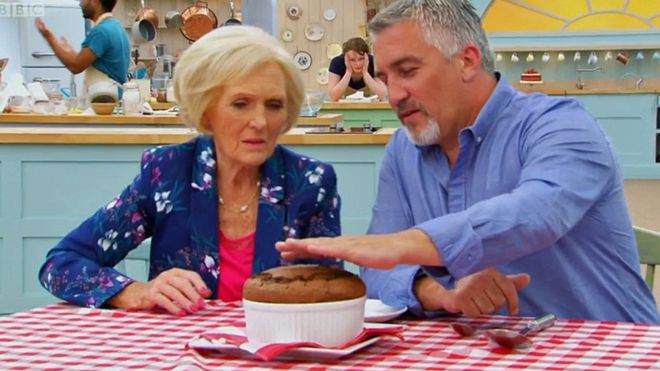
For those who don’t know, the show’s premise is simple: a group of amateur bakers competes to see who is the “best home baker in Britain.” The format is even simpler: each episode, the contestants gather under a white outdoor tent equipped with miniature kitchens where they complete three challenges: a signature bake in which they prepare their personal specialty, a technical bake in which everyone follows the same intentionally and maddeningly cryptic recipe, and a showstopper, in which the contestants attempt to wow the judges by whatever means necessary. There are no frills, no love triangles, no tricks. The two female comedian hosts lighten the mood with puns. Yes, puns. Perhaps most charming of all, the contestants will sometimes take a break from their work to drink a spot of tea.
I’m not completely unversed in reality television. In high school, I watched American Idol and America’s Next Top Model, and what I liked about these shows — the contestants’ passion and dedication to craft, the joy of observing the creation of art in real-time — is replicated in The Great British Baking Show, but with one fundamental and crucial difference: it’s about motherfucking baking. The Great British Baking Show isn’t preoccupied with personality, or beauty, or status. There are no liars, no egomaniacs, no sexpots, no cheaters or saboteurs (unless you count the controversial baked Alaska incident in series 5). At least in season two, the only season I watched during my short house-sitting tenure, nobody is drunk, or trying to be famous, or the son/daughter/cousin/dog-masseuse of someone who already is. What background information we receive of the bakers comes from the tiny, three-second biographical clips delivered early in the show. When she’s not baking, Becca likes to jog (insert grainy iPhone footage of Becca jogging)…today she will be making chocolate and rum-soaked prune brioches.
Refreshingly, everyone seems to get along: the contestants, the hosts, the judges. A loving camaraderie develops between the bakers as they bolster one another from one stressful challenge to the next. If one baker is running low on time, a fellow baker will come to her aid. At the end of each episode, when a baker is selected to go home, the whole crew comes in for a hug. Many Brits seem to appreciate the show’s tenderness, too. Noel Murray writes in the New York Times that “fans have clung to the show as a model of what the United Kingdom can be — with country grandmas and big city immigrants sharing hugs and recipes in a makeshift kitchen in a white tent in a field.” The show is (pardon the pun) undeniably sweet in this way, like if you populated Hell’s Kitchen with the cast of Little House on the Prairie. (Confession: I have never actually seen Hell’s Kitchen, but have gathered through cultural osmosis that it’s aggressive. I imagine each episode is just Dwayne the Rock Johnson hurling a chair at a plate of spaghetti.) I honestly can’t imagine America producing anything like it. If we tried, there’d be a nipple-slip by season two.
As I watched the show each night after working my brain raw on my novel, I couldn’t help but feel an overwhelming sense of empathy for the bakers. They were stressed to the point of tears, having practiced and practiced and practiced just to be right where they were, in a room with others who had practiced just as much as they had. They were all hardworking. They were all deserving. They were all good bakers — that they had made it onto the show at all was a testament to this. And yet, at the end of the show, one of them would be told they weren’t good enough.
At some point it dawned on me why I felt so connected to the show: it is, emotionally and often structurally, exactly like a writing workshop or, more loosely, like the art of writing as a whole. A cookie in place of a poem, a cake in place of a story. All day, the bakers stand at their little islands, feverishly attempting to create something that is both beautiful and tempting, that others might enjoy. At the end of each challenge, they’re covered in flour and chocolate, their cooking areas a mess of dirtied spoons and orange peels. Then, one by one, they are forced to approach the judges bearing the fruits of their labors, vulnerable to ridicule and eager for praise. They then wait patiently as their superiors literally tear their creation into pieces before determining their worth as an artist. Whatever the contestants have baked, it’s the best they can do, and yet they understand that sometimes the best is still not enough.
Whatever the contestants have baked, it’s the best they can do, and yet they understand that sometimes the best is still not enough.
The baking itself is as frustrating and delicate as writing, although in writing at least you can revise. In this way, baking is even more unforgiving, a fact the show makes clear. Each episode, somebody ends up tears. Their cake has collapsed, their bread is still doughy. In the heat of a baking crisis, one of the show’s hosts will inevitably wrap her arm around a weeping contestant and tell her, “It’s all right, it’s just a cake.” And while this is true — it’s just a cake, just a television show — any of those bakers would tell you that a cake is never just a cake. It is a reflection of heart and mind, a product of hours of labor and craft and learning. It is what they love to do and, if only someone would tell them they’re doing it well, they might have the courage to keep on doing it.
The metaphors between writing and baking are endless. There exists, in both disciplines, the argument for style over substance. Take Frances, an aesthetically neurotic baker who often focused too much attention on decoration and theme and not enough on flavor. There is a Frances in every workshop, the writer whose stories drip with florid imagery and poetry but whose characters are flat, their plots nonexistent. In each class there is also a Ruby, a young, naturally talented baker who, for most of her life, has kept her work close to her chest, rarely sharing her creations with anyone outside of friends and family. That she could make a career of her work has always seemed outside the realm of possibility, and yet here she is, in a competitive arena with other bakers, with permission, at last, to try.
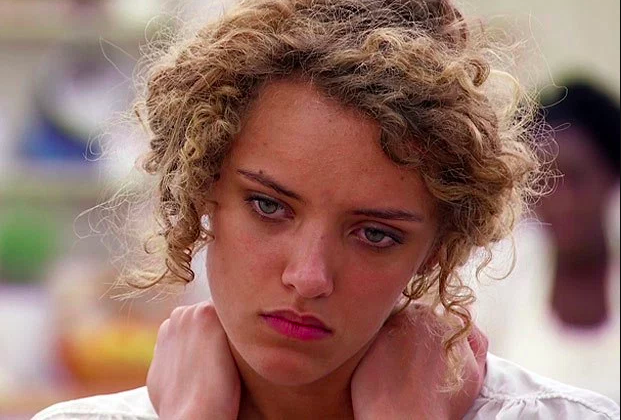
I want to look more closely at Ruby, because she is part of the metaphor in more ways than one. At first, Ruby made me roll my eyes. She was beautiful, and young, and self-deprecating. Each time she approached the judges she did so bug-eyed, biting her lip. “I did so poorly,” she would say before the judges had even tasted her work. “You’re going to be so disappointed.” Her self-doubt seemed artificial, as if she were constantly trying to lowball the judges so that, when they eventually praised her, they could all revel in the surprise of her success. There was also the problem of her looks, which seemed, to some, to distract from her work. There is no denying that the male judge, Paul Hollywood, looked at Ruby with more attention than he looked at the other contestants, but whether this attention affected his judgment of her baking, nobody but he can say. All of this, I would later find out, stirred a controversy in which viewers accused Paul Hollywood of favoriting female contestants, particularly Ruby, who denies all claims of favoritism.
While Ruby did not seem as skilled or cool-headed as my favorite contestant, Kimberly, here’s the thing that makes The Great British Baking Show so interesting: we can’t, as an audience, know for sure what the judges were tasting, and therefore have no choice but to trust in their assessment of each confection. When it seemed the judges (particularly Paul) were favoring pretty Ruby over her clearly more composed and experienced peers, it’s possible her tarts simply tasted better than the other contestants’ tarts. Her work was sometimes visually sloppy, but perhaps it had more substance. We will never know, because somehow, in this age of iPhones and drones and unicorn Frappuccinos, Wonkavision has not yet been invented.
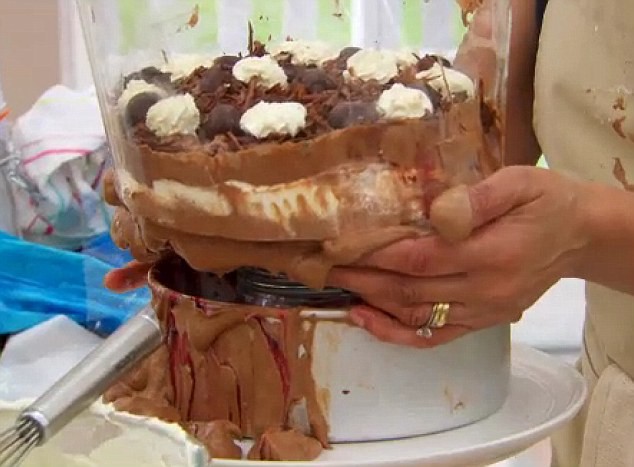
By the end of the season, I had grown to rather like Ruby. I learned that she was only 21, that she was in school to study philosophy and art history, that one week she didn’t practice her bakes because her roommate got a new cat named Rupert. Most of all, she was diligent and creative and hard-working, and continued to turn out quality bakes. By the last episodes, I wondered if her self-doubt wasn’t as artificial as I’d assumed. When I thought about it, wasn’t there something familiar about her brand of reflexive, exhausting, unstoppable self-deprecation? Wasn’t it exactly what I had done, and still continue to do, in response to my own writing? Especially when I was 21, there was never a time I turned in a workshop story without thinking: this is the worst thing anyone has ever made and everyone is going to hate me when they read it. Once, when I was the same age as Ruby and sitting in a workshop, listening as my classmates ripped apart one of my stories, I wrote in my notebook, over and over again: One day you will be dead and none of this will matter, until the critique had ended and I was released to go home and cry.
Yes, some of your bakes will suck, and some may even be inedible, but in the end, there’s nothing to do but keep baking.
As I worked painstakingly through each chapter of my book, cutting and adding and generally doubting my worth as a writer, I allowed myself one episode of The Great British Baking Show each night, as a treat for doing my work. Over and over again, I watched the contestants succeed and fail and keep on going. They wanted it so badly, they cared so deeply about their little trifles and buns. A bad bake would bring tears to their eyes. A word of praise from the judges would make them literally jump with joy. It felt so good, to see people exhibit unabashed emotion about their work, people who were willing to put their hearts on the line — and on popular television — for a chance to share their passion with others. When I returned to my novel each morning, I found myself buoyed by the contestants and their dedication. Yes, it’s hard, the show seemed to be saying, and yes some of your bakes will suck, and some may even be inedible, but in the end, there’s nothing to do but keep baking. There’s nothing to do but try. Because the only thing more frustrating than baking is not baking.
What I like most is imagining the contestants once the show is over, after the winner has been crowned and the big white tent dismantled for the winter. I picture them at home, in their pajamas, sneaking into their kitchen in the early morning hours, before the sun has had a chance to rise, their only company a blue-eyed cat named Emerson (or maybe Rupert). They go into their cupboard and remove a bag of flour, some sugar, some yeast. For now, it’s just them and their oven, their mixing bowls and spoons. When the bake is over and done with, nobody will taste it but them.





